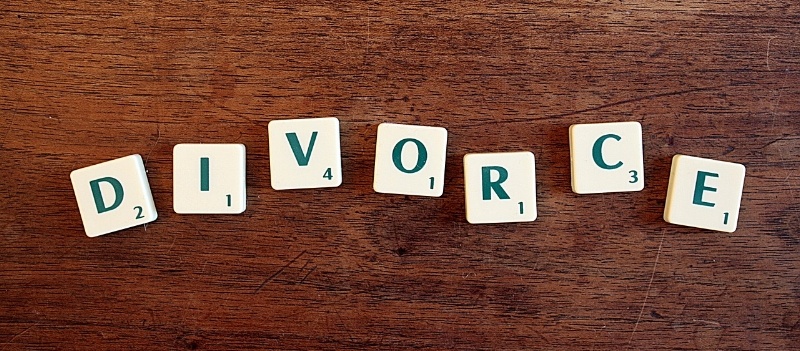
If you’re at the start of a divorce, it’s easy to become overwhelmed at the logistics of the process. Not only is it a period of heightened emotion and stress, it’s a period where tensions can be high between you and your ex-partner. Especially when it comes to finances.
If you and your ex-partner have joint debt obligations and many joint assets, it’s important for you to get the right advice. A family lawyer can assist you in determining your personal asset and income entitlements, as well as your custodial rights and obligations if you have children.
What is less recognised is the need for excellent financial advice from a qualified finance broker. Family lawyers do not specialise in finances and credit, and when you are in the beginning of separation it’s important to manage your finances properly so you don’t adversely affect your credit and financial stability after the divorce is finalised.
Three areas of consideration include:
1. Ongoing Financial Commitments
Keep up with all your current repayments. Until the court has determined the division of assets, you are obligated to maintain all your current financial commitments. Continue paying the mortgage, the car loan, and the credit card. Until you know what your future financial obligations will be, it’s important not to damage your credit by defaulting on a repayment arrangement.
It’s likely you’ll need to borrow money again down the track. As you will no longer be applying for finance as a couple, it’s important to maintain your own personal credit history. It’s vital that emotions don’t get in the way of meeting your ongoing financial commitments.
It can be easy to let frustration and resentment guide your thinking in this area. But don’t be in a hurry to offload your responsibilities. If you skip a repayment and your ex-partner can’t cover the difference, both of you will be in arrears. After the divorce, you may have a higher debt load than before, so stay vigilant.
2. Assets
Talk to your finance broker about your asset pool. If you need to borrow money, perhaps to purchase new property or buy your ex-partner out of your current property, a broker will be able to assess your borrowing power and if you have the appropriate security.
Your assets can include more than just your residence. They can include your vehicles, your boat, your family business, any joint business assets or commercial property, your holiday home, and the list goes on. The court will determine the division of these assets. And in determining this division, the allocation of debt.
If you need finance, lenders will need to know what sort of security you can offer, and your current debt levels. Your finance broker can arrange any necessary valuations of property and assets for both the court proceedings and any bank loan applications.
3. Living Expenses
Any new finance application will involve taking inventory of your new circumstances. If you need to borrow money, the lender will take into account all your adjusted living costs. After the divorce, your living costs will be quite different.
You might have the house and the car, but might also have the debt. There may be child maintenance costs, or children living with you full time as dependents. Perhaps you’re receiving child support payments. You might be reliant on a single income, or you may have lost or retained certain assets. Your family welfare entitlements may have changed.
Your new borrowing capacity will reflect not just your living costs, but your new debt level. It will be necessary to understand your new financial situation as soon as possible.
Final Thought
A divorce is stressful and emotional for everyone. It is made even more stressful if you are in the dark about your financial standing. You need an experienced and knowledgeable finance broker who understands the nature of divorce and the financial intricacies of this transition.
Finding the best advice and following it will be crucial for coming out of this situation in the best financial shape possible.